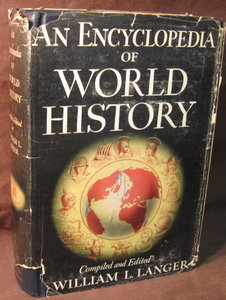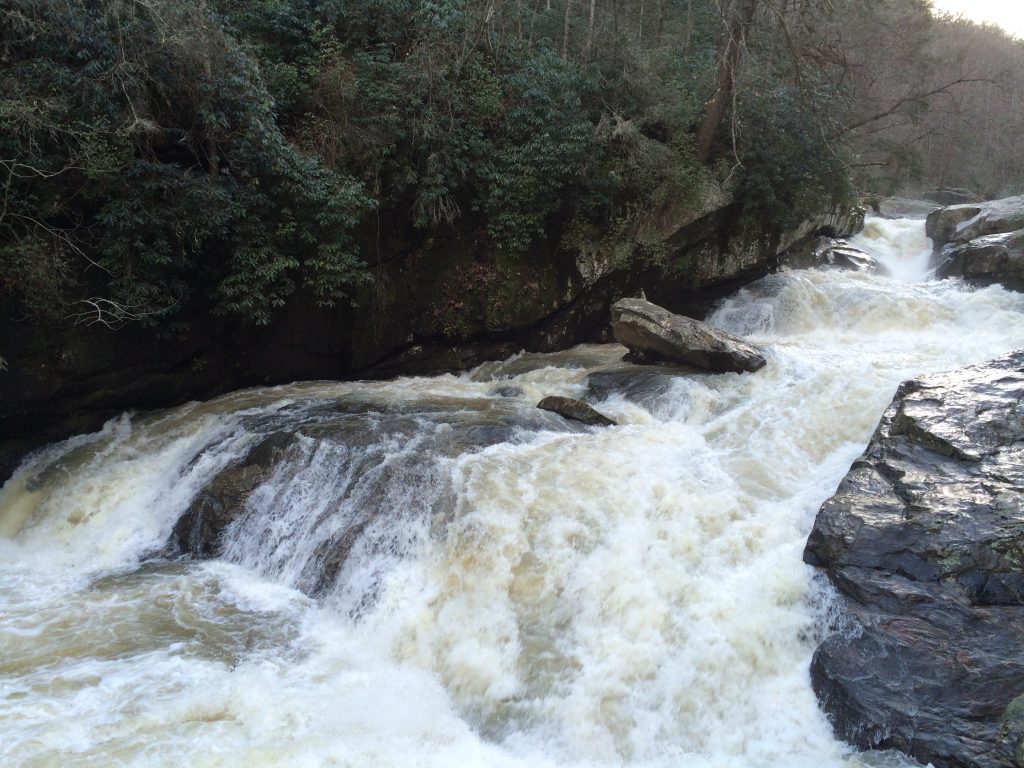A few weeks ago, our blog was entitled “Knowing History vs. Doing History.” In it, we briefly brought up the difference between a historian and a history enthusiast. History enthusiasts may know history, however, rarely do they “do history.” Today, we’ll take some more space to illuminate this distinction.
In the world of history, there tends to be two types of people interested in the past: historians and history enthusiasts. The former tend to explore the past in such a way to form arguments, riddled with nuance, exposing history’s complexity. Their study of the past does not stop at knowing what happened, but rather understanding what happened. This could take the shape of seeking out the causes of events, comparing eras or events, contextualizing a specific action within a larger setting, or even taking a broader approach and dissecting how things change or stay the same over time.

The interest of the history enthusiast is less complex. Fascinated by quirks of the past, the history enthusiast emphasizes unique ‘tidbits’ of information. This allows them to have an encyclopedic knowledge of whatever era or topic they are most interested in, but does not necessarily contribute to the complex vision that professional historians seek after.
Of course, the above examples of how historians explore the past embody the “4 C’s” that our curriculum is centered on: Causation, Comparison, Contextualization, and Change and Continuity over Time. When students interrogate the past through these historical thinking skills, the past becomes alive. Rather than being a stagnant pond full of facts, it becomes a roaring river with rocks and rapids to navigate. It becomes a journey of exploration, not merely a preordained pathway of knowledge.

So, as we reflect on this difference, may we ask: What type of history are we teaching in our classrooms? Are we relaying information about the past with simple, albeit witty, stories that may draw interest? Or are we equipping our students for the rapids of history, cultivating the necessary skills for them to construct knowledge and form arguments about the past? The former may be a helpful segue to grab attention, but it lacks depth. We must cultivate historical thinkers if we want to build up a thinking nation.